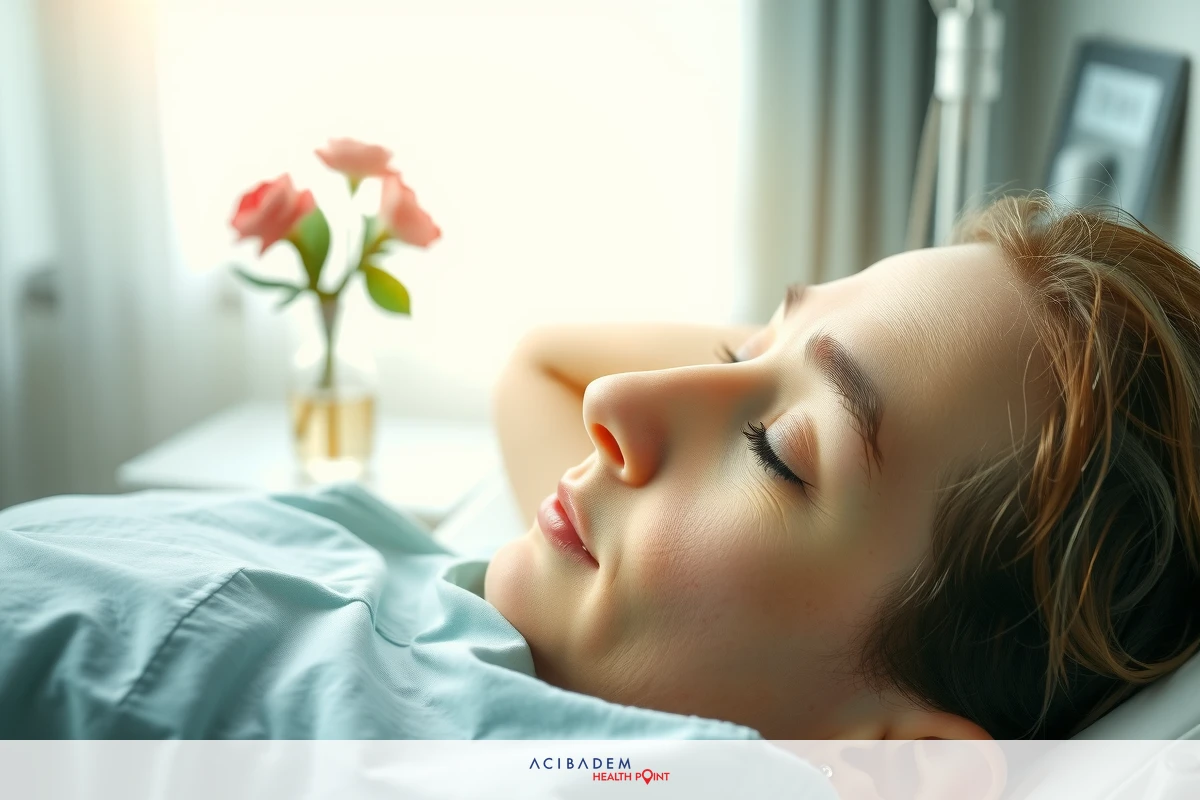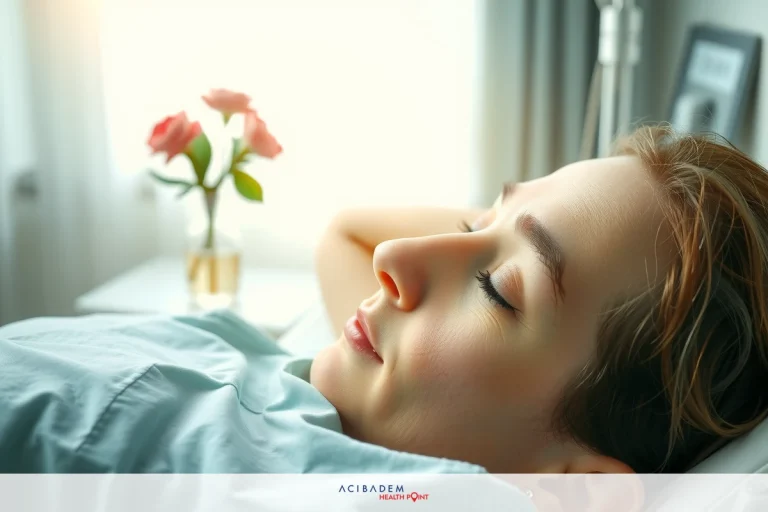When Did Your Smell Come Back After Rhinoplasty
When Did Your Smell Come Back After Rhinoplasty Rhinoplasty, an intriguing operation that reshapes the nose for better functionality or aesthetics, can sometimes temporarily affect one’s sense of smell. This temporary alteration in olfactory capabilities is not a cause for alarm but rather a common side effect post-surgery and part of the healing process. This phenomenon requires us to delve into the intricacies of how our nasal function interacts with surgical intervention.
The timeline for your olfactory senses’ recovery varies from person to person due to factors such as individual healing processes, age, overall health status and the complexity of their rhinoplasty. Rest assured that gradual improvement is typically noted over time as swelling subsides and tissues begin their restoration journey post-surgery.
These nuances helps provide realistic expectations during your recovery journey after a rhinoplasty surgery. It also serves as a reminder for patience as your body heals in its unique pace and manner while gradually restoring all functions including your sense of smell.
Timeline for Smell Recovery
Post-surgery, the olfactory senses might feel slightly offbeat, casting a veil of concern. However, it is essential to remember that this temporary alteration in smell is part and parcel of recovery from rhinoplasty surgery. After all, your nose has undergone a significant transformation and needs time to adjust. The timeline varies; most patients begin noticing improvements within just a few weeks after their procedure.
This transition period often depends on factors such as the complexity of the surgery performed and individual responses to healing. For instance, open rhinoplasty procedures might have longer recovery timelines due to increased swelling compared to closed surgeries. Meanwhile, personal disparities in healing mechanisms also play an influential role – some people simply heal faster than others! Despite these variations in timelines though, rest assured that improvement is usually noted over time.
One must not forget that regaining full nasal function after rhinoplasty isn’t merely about time but also about how one’s body responds post-operation. Swelling inside the nose can temporarily hinder odor molecules from reaching olfactory receptors located high up in our nasal cavity hence affecting smell perception temporarily. As inflammation subsides with each passing day post-procedure and tissues start recuperating from surgical intervention – breathing normalizes along with restoration of other functions including your sense of smell gradually improving over time.
Factors Affecting Smell Recovery
The road to regaining your olfactory senses after a rhinoplasty procedure is not always a straight path. It’s often dotted with factors that can influence the speed and success of smell recovery. These components, varying from patient to patient, add an element of individualized complexity to the healing process.
The first key factor is the extent and type of surgery performed. For instance, surgeries involving significant modifications to nasal structures or those addressing severe functional issues may lead to prolonged periods before full smell recovery. The surgical technique employed also contributes; open rhinoplasty procedures typically result in more swelling which could temporarily hinder odor molecules from reaching olfactory receptors located high up in our nasal cavity.
Personal health status significantly impacts recovery timelines. An individual’s immune system strength plays a crucial role as it dictates how quickly one can heal post-surgery. Age too has its part; younger patients generally recover faster than their older counterparts due to higher metabolic rates aiding quicker tissue repair.

Lifestyle choices contribute substantially during recovery periods – smoking or exposure to secondhand smoke might slow down healing by impeding blood flow necessary for tissue repair while maintaining good hydration levels supports faster restoration of normal bodily functions including sense of smell post rhinoplasty.
Healing takes time and rushing it won’t do anyone any favours. Each body heals at its own unique pace; respecting this natural rhythm will support overall well-being during your journey towards full sensory recovery following a rhinoplasty procedure.
Tips for Enhancing Smell Recovery
Navigating the post-rhinoplasty healing journey can seem daunting, especially when it comes to regaining olfactory senses. However, there are steps you can take to facilitate this process and make your recovery phase a smoother ride. Here we uncover some strategies that might prove helpful.
Staying hydrated plays a key role in overall health and specifically aids nasal function by maintaining moist mucous membranes which support smell perception. Secondly, avoiding irritants such as tobacco smoke or strong perfumes during the initial stages of recovery can reduce potential inflammation thus promoting quicker restoration of olfactory senses.
Another practical tip is using saline sprays as directed by your surgeon – these not only help keep nasal passages clean but also aid in reducing swelling inside nose which could otherwise hinder odor molecules from reaching their destination – our olfactory receptors located high up in our nasal cavity!
Proper nutrition cannot be stressed enough; include protein-rich foods like lean meats, eggs or legumes in your diet to boost tissue repair hence accelerating the healing process post-surgery including faster return of sense of smell after rhinoplasty.
Give yourself time! Healing is quite literally an ‘inside job’, allowing your body ample time to recover without rushing things will contribute positively towards successful outcome including full sensory recovery following surgery. Remember patience is indeed a virtue during this transformative period!
When Did Your Smell Come Back After Rhinoplasty: Frequently Asked Questions
Is it normal to lose smell after a rhinoplasty?
Yes, it is commonplace to experience temporary changes in your sense of smell following rhinoplasty surgery. It's part of the recovery process and should not cause undue worry.
How long does it typically take for my sense of smell to return post-rhinoplasty?
The timeline can vary significantly depending on factors such as the complexity of your surgery and individual healing responses. However, most patients start noticing improvements within weeks following their procedure.
What can I do to help speed up my smell recovery after a rhinoplasty?
There are several steps you can take including staying hydrated, avoiding irritants like tobacco smoke or strong perfumes, using saline sprays as directed by your surgeon and maintaining nutritious diet rich in proteins which aid tissue repair hence faster healing including return of olfactory senses.
Should I be worried if my sense of smell doesn't return right away?
While some concern is understandable, remember that every person heals at their unique pace. If you notice no improvement over an extended period or if other worrying symptoms accompany loss of smell – always consult with your healthcare professional for reassurance.











